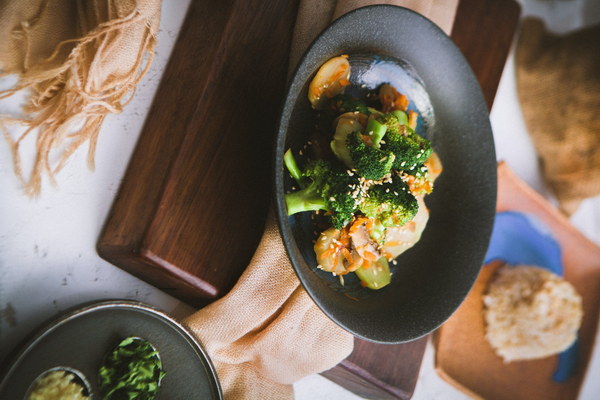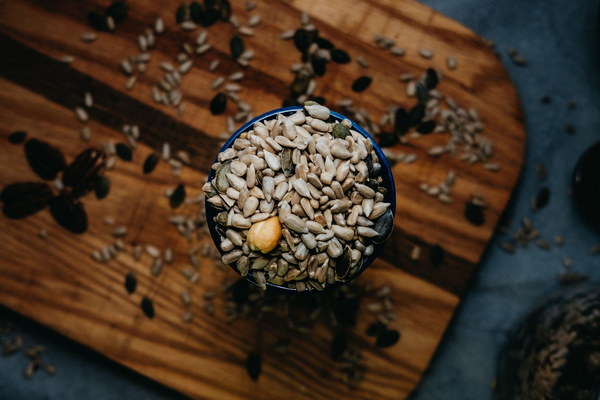Uyghur Traditional Practices for Lung Health A TimeHonored Approach to Respiratory Wellness
In the rich tapestry of Uyghur culture, traditional wisdom has been passed down through generations, offering a wealth of knowledge on maintaining health, including the well-being of the lungs. The Uyghur people, residing primarily in the Xinjiang Uyghur Autonomous Region of China, have developed a unique set of practices aimed at nurturing respiratory health. Here, we delve into these time-honored methods that have stood the test of time.

1. Herbal Remedies and Teas
Uyghur traditional medicine holds a plethora of herbs and plants that are believed to support lung function and combat respiratory issues. One such herb is Saqiz (Fenugreek), which is often consumed in the form of a tea. This tea is thought to help reduce inflammation and improve respiratory function. Another popular herb is Iklil (Fennel), which is used to make a soothing tea that is believed to clear congestion and ease breathing.
2. Diet and Nutrition
The Uyghur diet is rich in vitamins and minerals that are essential for lung health. Foods like melons, especially the Uyghur favorite, the white watermelon, are high in water content and are believed to aid in the hydration of the respiratory system. Nuts, such as almonds and walnuts, are also consumed for their supposed ability to strengthen the lungs and respiratory muscles. Additionally, the inclusion of garlic and onions in the diet is believed to help ward off respiratory infections.
3. Breathing Exercises
Uyghur traditional practices include a variety of breathing exercises designed to enhance lung capacity and improve respiratory efficiency. One such exercise is the Sufi Breathing Technique, which involves controlled breathing to increase oxygen intake and promote relaxation. These exercises are often performed in serene settings, such as near water or in nature, to further enhance their calming effects.
4. Acupuncture and Massage
Acupuncture is another practice that has been integrated into Uyghur traditional medicine for respiratory health. Acupuncturists use fine needles inserted at specific points on the body to stimulate the flow of Qi (vital energy), which is believed to improve lung function and overall health. Massage therapy, particularly focusing on the chest and back, is also used to relieve tension and improve circulation in the respiratory area.
5. Mindfulness and Meditation
The Uyghur people recognize the importance of mental health in maintaining physical health, including that of the lungs. Practices such as meditation and mindfulness are encouraged to help individuals manage stress, which can exacerbate respiratory issues. These practices are thought to calm the mind and reduce the negative impact of stress on the respiratory system.
6. Prophylactic Rituals
In Uyghur culture, there are also rituals and practices aimed at preventing respiratory diseases. For example, during the Islamic holy month of Ramadan, fasting is believed to cleanse the body and improve respiratory health. Additionally, the annual Naqshbandi Sufi Festival, which includes music, dance, and storytelling, is thought to have a purifying effect on the body and soul, thus benefiting lung health.
In conclusion, the Uyghur people have a wealth of traditional practices that have been carefully curated to promote lung health. From herbal remedies and dietary choices to breathing exercises and spiritual rituals, these practices reflect a holistic approach to respiratory wellness. While modern medicine has its place, the Uyghur tradition offers a unique perspective that can complement and enrich contemporary healthcare practices.









